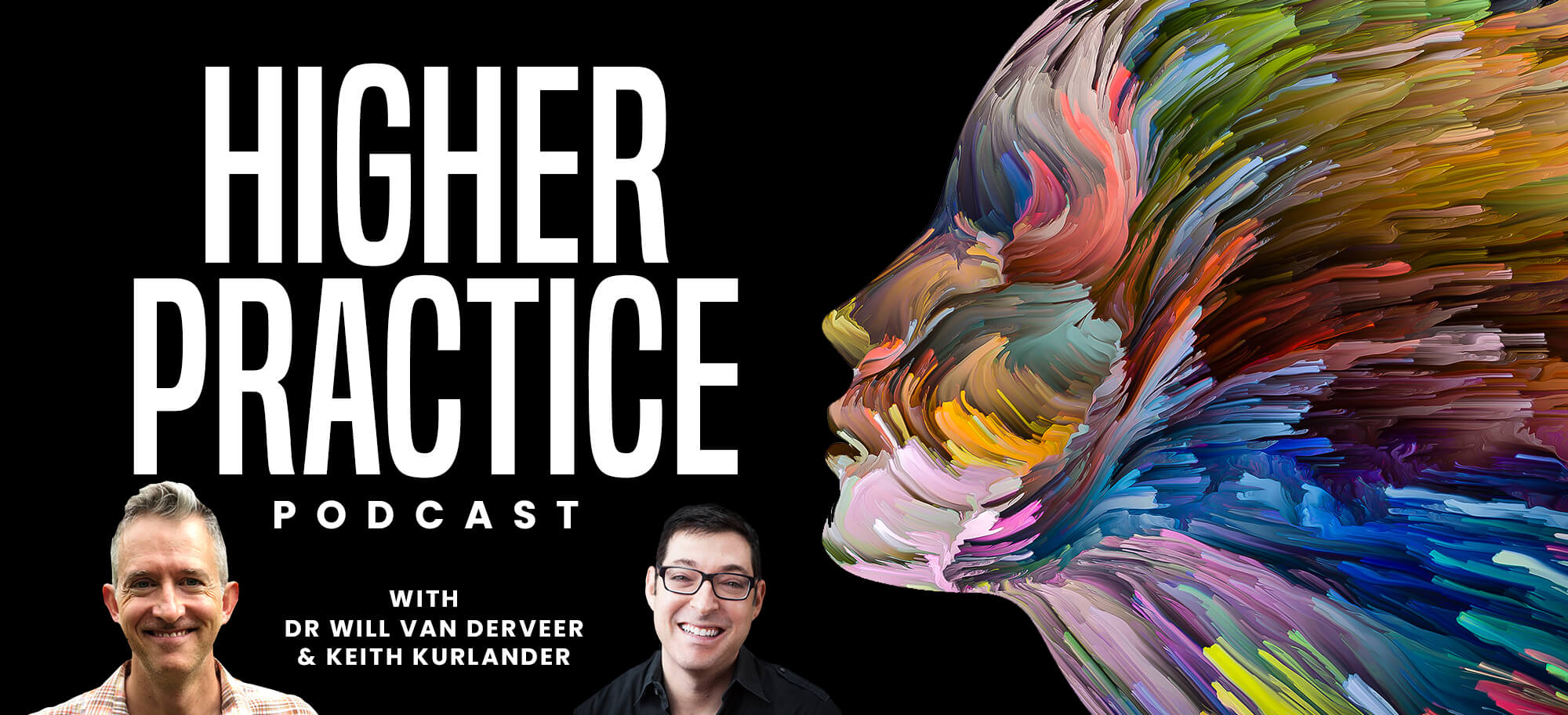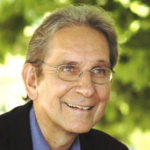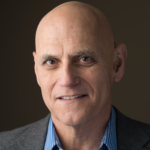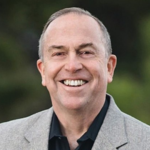Episode 91

Keith Kurlander, MA, LPC
Dr. Will Van Derveer
Getting up-to-date on the research and practical application of psychedelic-assisted therapy is only half the story. Ketamine is a unique medicine in its bioactive properties for treating depression, but it can also produce a powerful psychedelic experience that can be leveraged with psychedelic-assisted therapy.
In today’s episode, Keith and Will discuss their personal experiences with ketamine-assisted psychotherapy in an intimate look at the power of this medicine, how to integrate both uplifting and very challenging experiences, and ways to start to get involved in the psychedelic-assisted therapy revolution.
Episode 90

Keith Kurlander, MA, LPC
Dr. Will Van Derveer
We are entering a psychedelic renaissance with psychedelic therapy trials showing promising results and the shift in cultural opinions following the release of Michael Pollan’s book, How to Change Your Mind in 2018.
There are still many questions that mental health care providers have about psychedelics:
Can psychedelics cause psychosis?
If an individual has an underlying mental illness will psychedelics exacerbate the issue?
How promising are psychedelics for treating mental health conditions?
What to expect from different psychedelic medicines and what’s currently available legally for treating mental health conditions?
What spiritual experiences can be garnered from using psychedelics and can they be integrated properly?
In today’s episode, we delve into psychedelic-assisted psychotherapy and explore these questions that are on many providers’ minds.
Episode 89

Barbara Rothbaum, PhD, ABPP
Countless technological breakthroughs with mental healthcare applications have been made in the last couple of decades. Thanks to the tireless efforts made by Barbara Rothbaum, PhD, ABP and other researchers, virtual reality (VR) is now a viable option for the treatment of PTSD and anxiety conditions.
In today’s episode, Dr. Rothbaum discusses the revolutionary treatment of virtual reality for PTSD and phobias, how the technology works, what you need to know to get started as a therapist, and the future implications for the practice of psychotherapy.
Episode 88

Keith Kurlander, MA, LPC
Dr. Will Van Derveer
What is the relationship between mental health and spiritual health? How do we define spirituality? Are there differences between a mental illness and spiritual illness?
That is the topic of today’s episode, where we explore the shared elements of spiritual well-being and mental health, how they support one another, and where these areas diverge.
Will and Keith dive deep into a conversation around spirituality, their own personal experiences, the technologies used in spiritual traditions and the field of mental healthcare, and how these synergistic fields interact with each other in overcoming states of suffering and achieving wellness.
Episode 87

John Ratey, MD
In today’s episode, we are delighted to have a conversation with one of psychiatry’s visionary pioneers and one of the first proponents of the ADHD syndrome. John Ratey, MD has expanded the conceptualization of ADHD and has deeply explored the role of exercise in mental health. Dr. Ratey has written several books about mental health, and he joins us to talk about his latest book, ADHD 2.0, which brings fresh perspectives on diagnosis and treatment of this condition.
Dr. Ratey’s 2008 book, SPARK: The Revolutionary New Science of Exercise and the Brain, brought exercise into the mental health conversation. Join us as we dive deep into conversation around ADHD, its symptoms, its root causes, and how we can address this disorder through a dynamic integrative treatment approach.
Episode 86

Bonnie J. Kaplan, PhD
Julia J. Rucklidge, PhD
Thanks to the work of two very committed researchers, there is a growing body of research linking micronutrients to mental health. This research is not well known but should be.
In today’s episode, we are delighted to discuss with Dr. Bonnie Kaplan and Dr. Julia Rucklidge what they’ve learned through many years of clinical research about the role of nutrition and supplements in mental health. They are the co-authors of a new book about to be published: The Better Brain: Overcome Anxiety, Combat Depression, and Reduce ADHD and Stress with Nutrition. Bonnie J. Kaplan, PhD and Julia Rucklidge, PhD.
Episode 85

Steven C. Hayes, PhD
Dr. Steven C. Hayes founded Acceptance and Commitment Therapy (ACT) over 20 years ago, with the view in mind to increase psychological flexibility through mindfulness and the acceptance of life’s inevitable challenging experiences. Using the problem-solving mind to try to address life’s emotional challenges has its limitations. This was a very interesting conversation for us with a true pioneer in psychotherapy, and someone who himself has lived with panic disorder. We explore how the human tendency to not want to feel discomfort results in more severe and long lasting dysregulation.
In today’s episode, we are honored to be joined by the founder of Acceptance and Commitment Therapy (ACT), writer, speaker and scholar Dr. Steven C. Hayes, PhD. We deep dive into topics around psychological flexibility, values, acceptance and commitment therapy.
Episode 84

Bruce Tift, MA, LMFT
The integration of mindfulness with psychotherapy is an important aspect of supporting people to achieve wellbeing. How we relate to the disturbances we frequently feel throughout our lives can be a significant determinant of our quality of life, and of the possibilities we perceive.
As we work toward a Buddhist psychotherapy modality, we will look at the practical application of bringing together the capacity to bear witness to our moment by moment experience along with a modern understanding of the psychological patterning we carry from childhood experiences.
In today’s episode, we are honored to have the opportunity to explore the blending of Buddhist theory with psychotherapeutic approaches with Bruce Tift, author of the wonderful 2011 book “Already Free.” Bruce has been blending these two traditions and teaching at Naropa University for 4 decades. Join us as we delve deep into ways to face the vulnerability of everyday emotional disturbances, and hear how to use Buddhist practices in therapy.





















